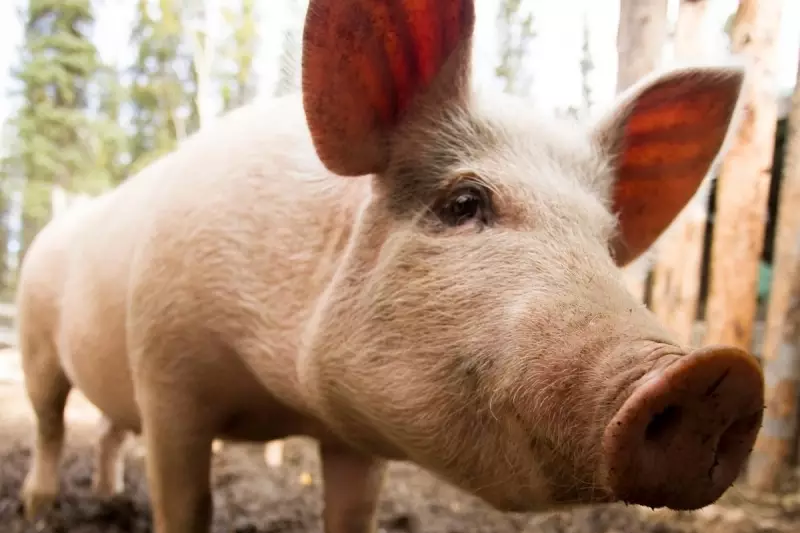
In a stunning medical advancement that could revolutionise transplant medicine, Chinese researchers have successfully demonstrated that a genetically modified pig liver can effectively filter blood in a human body for an unprecedented 72 hours.
The Dawn of Xenotransplantation
The experimental procedure, conducted at the First Affiliated Hospital of Anhui Medical University, represents a significant leap forward in the field of xenotransplantation - the process of transplanting animal organs into humans. This breakthrough offers hope for addressing the critical shortage of human organs available for transplantation.
How the Medical Miracle Unfolded
Researchers connected a brain-dead human recipient to a specially developed external perfusion device containing the modified pig liver. The remarkable achievement saw the animal organ functioning normally throughout the three-day trial, successfully processing the human blood without triggering immediate rejection.
Genetic Engineering Breakthrough
The success hinges on sophisticated genetic modifications made to the donor pig. Scientists removed specific genes that trigger aggressive human immune responses while adding human genes to improve compatibility. Additional safety measures included deactivating endogenous retroviruses to prevent potential cross-species infection.
Addressing the Organ Donation Crisis
This development arrives at a crucial time for global healthcare systems, including Britain's NHS, which faces persistent shortages of donor organs. With thousands of patients awaiting life-saving liver transplants annually, xenotransplantation could dramatically reduce waiting times and prevent countless deaths.
Previous Milestones in Cross-Species Transplants
The medical community has witnessed several xenotransplantation milestones in recent years:
- 2022: First successful pig heart transplant into a living patient
- 2023: Initial trials of pig kidney transplantation
- Multiple instances of pig skin grafts for burn victims
Ethical Considerations and Future Steps
While the results are promising, researchers emphasise that significant work remains before pig liver transplants become routine medical practice. The team plans to progress to clinical trials involving living human patients, pending ethical approvals and further safety demonstrations.
This breakthrough represents not just a technical achievement but a potential paradigm shift in how we approach organ transplantation, offering new hope to patients who currently face uncertain waits for suitable donor organs.





